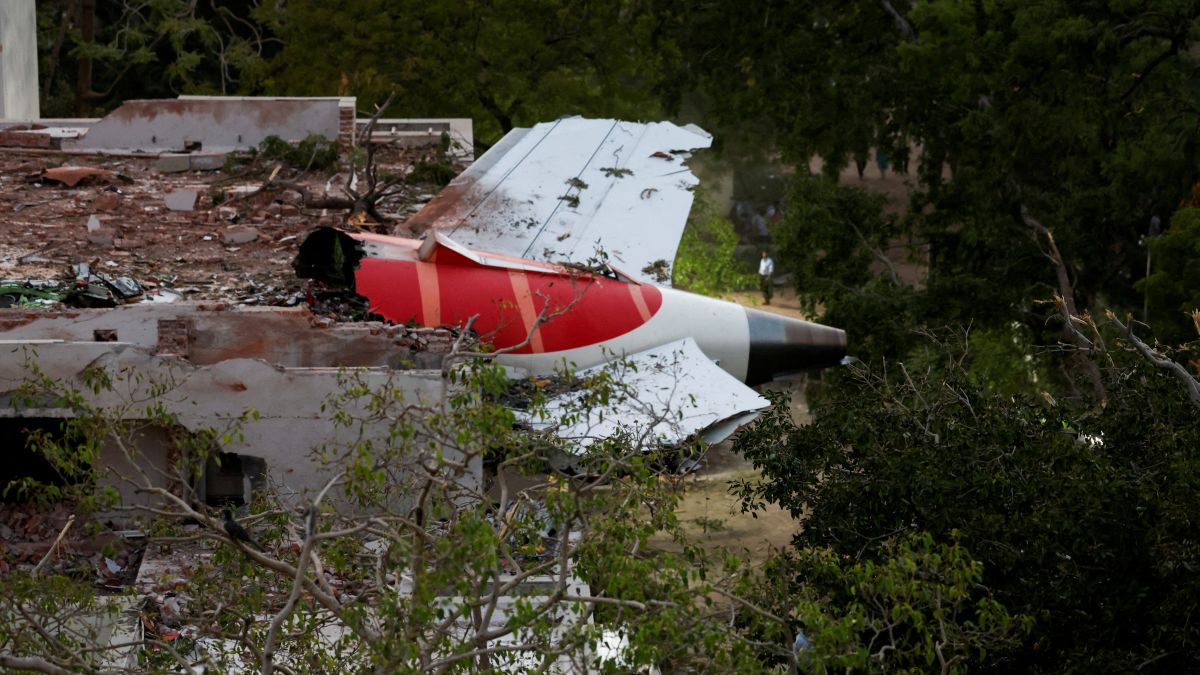Nearly two weeks after an Air India aircraft crashed in Ahmedabad, killing 274 people, India’s Aircraft Accident Investigation Bureau has yet to appoint a lead investigator, raising concerns over the pace and efficiency of the probe.
While the investigation has technically begun, aviation safety experts say the absence of an official order designating an investigator-in-charge is a critical delay that could affect the timeline mandated by international standards, Economic Times reported.
Under the International Civil Aviation Organization’s (ICAO) Annex 13, the appointment of an investigator-in-charge is required for the organisation, control, and conduct of an aircraft accident probe. The rules also stipulate that a preliminary report must be submitted within 30 days of the incident.
Appointment delayed, AAIB under scrutiny
A formal order from the Director General of AAIB designating the lead investigator is still awaited, although Dhruv Rebbapragada, a former regional safety director for South Asia at Airbus and a former IndiGo pilot, has been identified to head the panel, according to sources familiar with the matter. Rebbapragada has previously led multiple crash investigations for AAIB but is reportedly unable to initiate this probe without the government notification that confers investigative authority, access to wreckage, and budgetary backing.
Civil Aviation Minister Ram Mohan Naidu confirmed a panel was formed and the investigation had started “from Day 1” but did not offer a specific timeline for completion.
Experts say the absence of a formal mandate raises concerns about the bureau’s operational independence and readiness. AAIB, which draws many of its personnel from India’s aviation regulator DGCA , does not have an independent budget and was long headed by civil service officers before its current chief, Indian Air Force officer GVG Yugandhar, took charge. A parliamentary standing committee earlier this year flagged the bureau’s “modest” funding, with only Rs 20 crore allocated for capital expenditure in FY26.
While a separate committee under Union Home Secretary Govind Mohan has been constituted, its role is limited to suggesting broader sectoral safety improvements and does not overlap with the crash investigation.
Impact Shorts
More ShortsBlack boxes retrieved, data extraction underway
Despite administrative delays, technical aspects of the investigation have progressed. Both the Cockpit Voice Recorder (CVR) and Flight Data Recorder (FDR) were recovered from the crash site– one from a rooftop on June 13 and the other from the wreckage on June 16. The devices were secured under 24-hour police protection and CCTV surveillance before being flown to Delhi aboard Indian Air Force aircraft on June 24.
The front black box reached the AAIB laboratory in Delhi with the Director General at 2:00 p.m., while the rear unit arrived later that day at 5:15 p.m. Technical teams from AAIB and the US-based National Transportation Safety Board (NTSB), as mandated under ICAO protocols since the aircraft was manufactured in the United States, began data extraction on the evening of June 24.
On June 25, the memory module of the CVR was successfully accessed and downloaded. Analysis of the black box data is ongoing, aimed at reconstructing the sequence of events that led to the crash of the Boeing 787 Dreamliner and identifying any systemic failures.
The investigation team comprises aviation medicine experts, air traffic controllers, and NTSB representatives, in line with international standards and India’s Aircraft (Investigation of Accidents and Incidents) Rules, 2017.
Authorities say the probe remains compliant with international obligations and domestic laws. However, with no formal lead investigator appointed and the 30-day deadline for a preliminary report fast approaching, concerns persist about whether India can meet ICAO’s time-bound investigation standards.
)